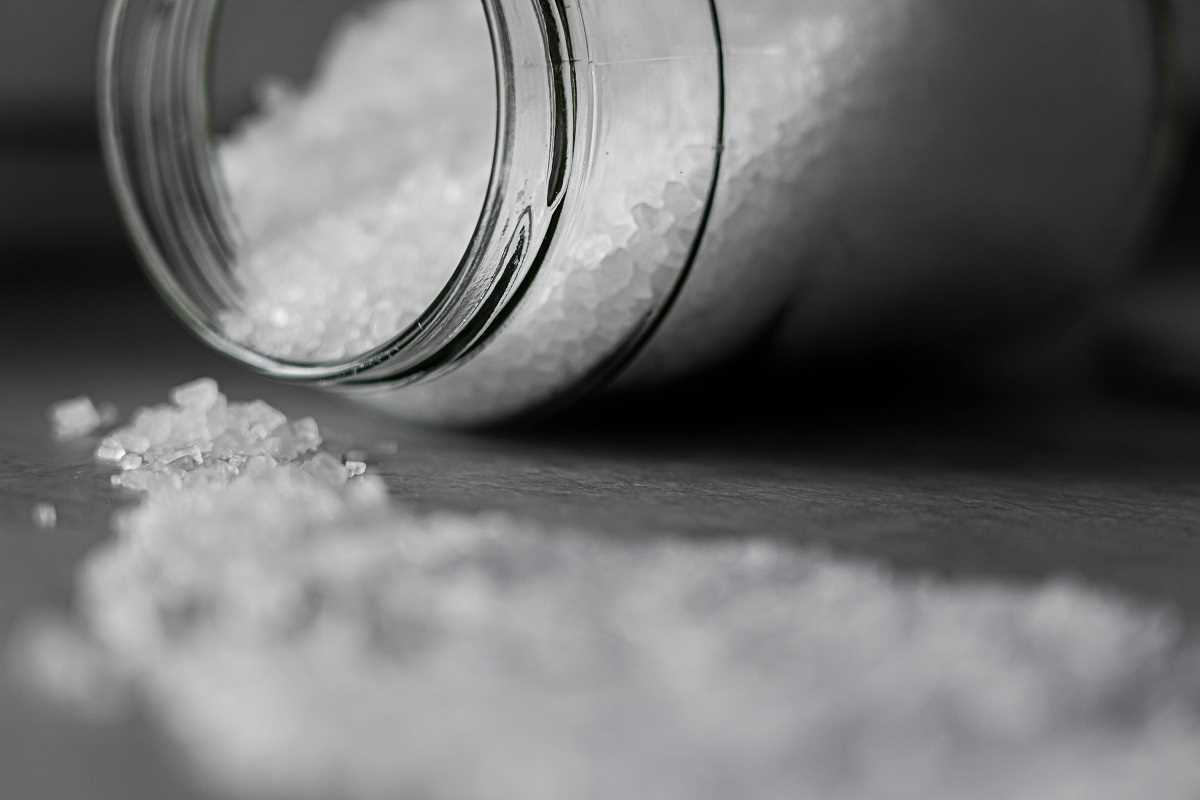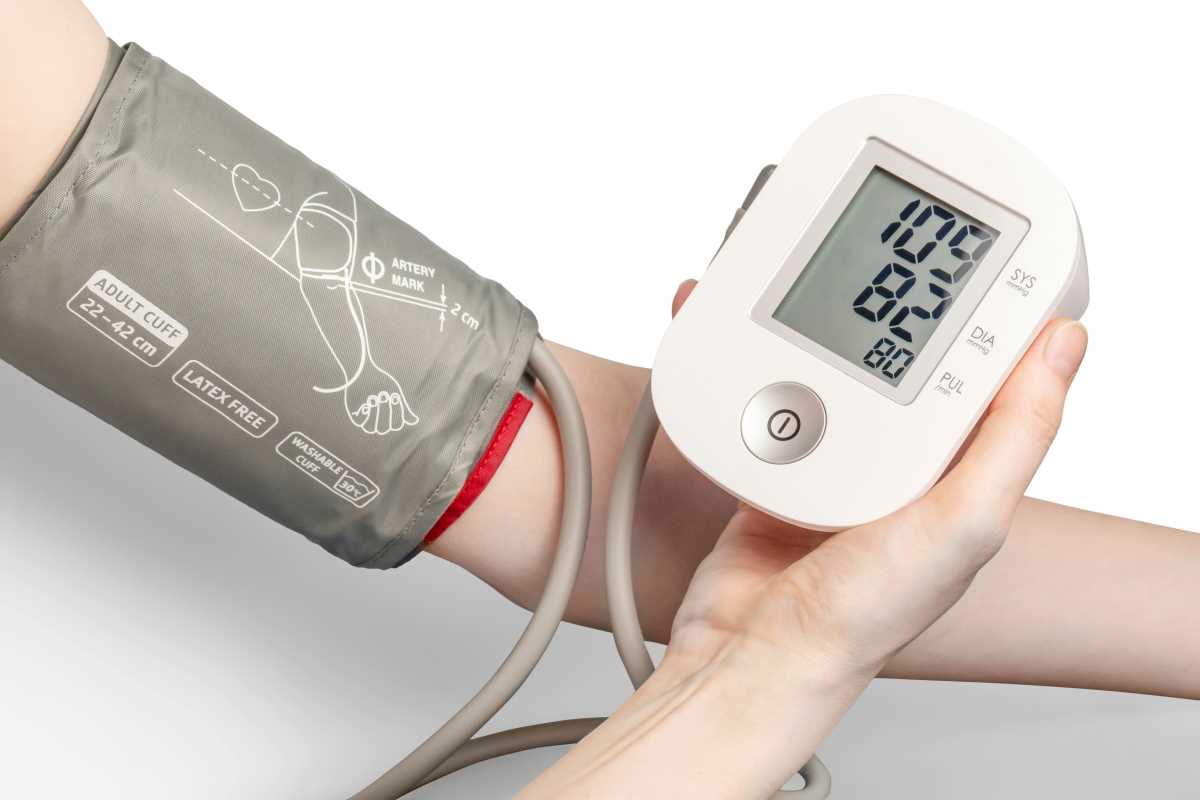Recent research has dramatically reshaped our understanding of how salt affects blood pressure, offering new hope for better hypertension management. If you're one of the nearly 50% of American adults dealing with high blood pressure, these groundbreaking findings could transform your approach to dietary management and overall cardiovascular health.
For years, healthcare providers have recommended reducing salt intake as a cornerstone of blood pressure control. Now, comprehensive studies published in leading medical journals reveal that the relationship between salt and hypertension is more nuanced than previously understood. These discoveries are paving the way for personalized treatment strategies that could significantly improve outcomes for millions of people.
Understanding Salt Sensitivity: Why We All Respond Differently
One of the most significant revelations from recent research is the concept of salt sensitivity of blood pressure (SSBP). This physiological condition explains why some people experience dramatic blood pressure changes with dietary sodium modifications while others see minimal effects.
What Salt Sensitivity Means for Your Health
Salt sensitivity occurs when your blood pressure fluctuates significantly based on your sodium intake. If you have this condition, reducing salt leads to meaningful blood pressure drops, while increasing sodium consumption causes notable spikes. Research indicates that approximately 50% of people with hypertension and 25% of those with normal blood pressure exhibit salt sensitivity.
This discovery helps explain why traditional one-size-fits-all dietary recommendations haven't worked equally well for everyone. Your genetic makeup, kidney function, and hormonal responses all influence how your body processes sodium, creating individual variation in salt sensitivity.
Identifying Your Salt Sensitivity Status
While formal salt sensitivity testing requires medical supervision, you might notice certain patterns if you're salt-sensitive. These individuals often experience more pronounced blood pressure changes during periods of high stress, seasonal variations in sodium intake, or when traveling to different climates. If you've noticed your blood pressure readings vary significantly despite consistent medication use, salt sensitivity might be a contributing factor.
Groundbreaking Research Findings on Sodium Reduction
A landmark crossover study published in JAMA examined 213 participants aged 50 to 75 years, including people with normal blood pressure, controlled hypertension, uncontrolled hypertension, and those not taking blood pressure medications. This comprehensive research design provided unprecedented insights into how sodium reduction affects different populations.
Universal Benefits Across All Groups
The study's most remarkable finding was that reducing dietary sodium lowered blood pressure regardless of participants' baseline blood pressure status or medication use. Participants followed both high-sodium (adding 2,200 mg of sodium daily) and low-sodium (500 mg total daily) diets for one week each.
Results showed a median reduction of 4 mmHg in mean arterial pressure when participants switched from high to low sodium intake. Perhaps most encouraging, 73.4% of participants experienced blood pressure reduction on the low-sodium diet, with benefits appearing across all demographic subgroups including different ages, sexes, races, and those with varying baseline blood pressure levels.
Comparable to Medication Effects
The blood pressure reduction achieved through sodium restriction proved similar to that of commonly prescribed first-line antihypertensive medications. This finding suggests that dietary modifications can be as powerful as pharmaceutical interventions, offering a natural approach to blood pressure management that complements medical treatment.
The Promise of Salt Substitutes
Salt substitutes, typically containing potassium-enriched, sodium-reduced formulations, have emerged as a practical solution for maintaining flavor while reducing cardiovascular risk. A comprehensive meta-analysis examining 16 randomized controlled trials revealed compelling evidence for their effectiveness.
Mortality and Cardiovascular Benefits
The analysis found that salt substitutes reduce all-cause mortality risk by 12% and cardiovascular mortality by 17%. These improvements translate to 5 fewer all-cause deaths and 3 fewer cardiovascular deaths per 1,000 participants annually among those with higher-than-average cardiovascular risk.
Salt substitutes also demonstrated significant blood pressure benefits, reducing systolic pressure by 5.12 mmHg and diastolic pressure by 1.56 mmHg. These reductions, while seemingly modest, can have substantial population-level health impacts when applied broadly.
Cost-Effectiveness in Real-World Settings
A groundbreaking study conducted in elderly care facilities in China demonstrated both the effectiveness and economic benefits of salt substitution. The research involved 48 facilities and 1,612 participants, comparing salt substitutes (62.5% sodium chloride, 25% potassium chloride, and 12.5% dried food ingredients) with regular salt.
Results showed remarkable improvements: a 7.14 mmHg reduction in systolic blood pressure, a 5.09% decrease in hypertension prevalence, and a 2.27% reduction in major cardiovascular events. The economic analysis revealed that salt substitution saved an average of $25.95 per person over two years, primarily through reduced healthcare costs associated with cardiovascular events.
Community-Based Intervention Success
Research from China provided valuable insights into implementing salt reduction strategies at the community level. A cluster randomized controlled trial involving 60 communities across six provinces tested the effectiveness of educating home cooks about salt reduction techniques.
Practical Implementation Strategies
The intervention group received supportive environments for salt reduction, educational sessions, and salt intake monitoring tools. After 12 months, participants achieved a significant reduction in daily salt intake of 0.9 grams, accompanied by meaningful blood pressure reductions of 1.98 mmHg systolic and 1.05 mmHg diastolic.
This study demonstrates that community-based education programs can effectively change dietary behaviors and improve health outcomes. The intervention also enhanced participants' knowledge, attitudes, and behaviors regarding salt reduction, suggesting sustainable long-term changes.
Understanding the Science Behind DASH Diet Benefits
The Dietary Approaches to Stop Hypertension (DASH) diet has long been recognized for its blood pressure-lowering effects. Recent metabolomic research has begun to unravel the biochemical mechanisms responsible for these benefits.
Metabolic Insights
Scientists identified 42 unique metabolites associated with blood pressure reduction in people following the DASH diet. These findings reveal specific biochemical pathways through which dietary modifications influence cardiovascular health.
Key metabolites include tryptophan betaine in blood serum and various compounds in urine such as N-methylglutamate and proline derivatives. These discoveries provide deeper understanding of how dietary patterns translate into physiological benefits, potentially leading to more targeted nutritional interventions.
Personalized Approaches to Hypertension Management
The latest research emphasizes that effective blood pressure management requires individualized strategies based on your unique physiological responses to sodium intake.
Assessing Your Individual Needs
Consider discussing salt sensitivity testing with your healthcare provider, especially if you have a family history of hypertension, experience variable blood pressure readings, or belong to populations with higher salt sensitivity rates. African Americans, elderly individuals, and people with diabetes show increased likelihood of salt sensitivity.
Tailored Dietary Modifications
If you're salt-sensitive, aggressive sodium reduction can provide substantial benefits. Focus on eliminating processed foods, which contribute approximately 70% of dietary sodium. Read nutrition labels carefully, aiming for less than 2,300 mg of sodium daily, or ideally less than 1,500 mg if you have hypertension.
For those who aren't particularly salt-sensitive, moderate sodium reduction combined with other DASH diet principles may be more appropriate. Emphasize fruits, vegetables, whole grains, lean proteins, and low-fat dairy while limiting processed foods and added sugars.
Practical Strategies for Reducing Salt Intake
Kitchen Modifications
Start by removing the salt shaker from your table and reducing added salt during cooking by half. Gradually decrease sodium over several weeks to allow your taste preferences to adjust. Experiment with herbs, spices, citrus juice, and vinegar to enhance flavors naturally.
Consider investing in a salt substitute containing potassium chloride, but consult your healthcare provider first if you have kidney problems or take certain medications. Many people find that combining small amounts of regular salt with potassium-based substitutes provides satisfying flavor while reducing overall sodium intake.
Smart Shopping Strategies
Focus your shopping on the perimeter of grocery stores where fresh, unprocessed foods are typically located. When buying packaged foods, compare sodium content across brands and choose options with the lowest levels. Look for products labeled "low sodium," "reduced sodium," or "no salt added."
Be particularly cautious with seemingly healthy foods that can be high in sodium, including canned soups, vegetable juices, condiments, salad dressings, and even some breakfast cereals.
Dining Out Considerations
Restaurant meals often contain excessive sodium levels. Request that dishes be prepared without added salt, ask for dressings and sauces on the side, and consider sharing entrees or taking half home to control portion sizes and sodium intake.
Sources:
Matsumoto, C. Nutrition and Hypertension Researches in 2023: focus on salt intake and blood pressure. Hypertension Research, 48, 1471–1476 (2025). https://www.nature.com/articles/s41440-024-02089-5
The content provided on SuperHealthyTips is for informational and educational purposes only. This information is not intended to be a substitute for professional medical advice, diagnosis, or treatment.
 (Image via
(Image via





